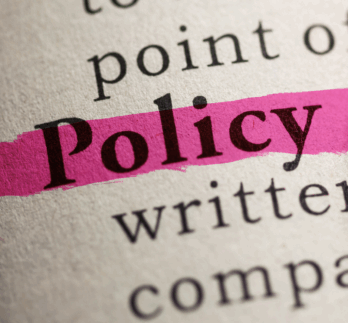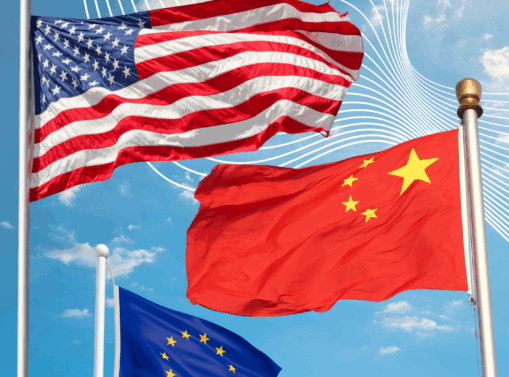
Our Industrial Sovereignty and Uncle Sam’s Shadow
Our industrial sovereignty and Uncle Sam’s shadow
Last week, I had the pleasure of participating once again in the Babbage Forum meeting in Cambridge, UK. Sixteen countries were represented by some forty participants, researchers and practitioners, from the Americas, Asia and Europe. We went there to share in confidence our knowledge and impressions about industrial and innovation policies around the world.
First of all, I must underline the quality of this assembly, the mutual respect shown during these exchanges, which thus made it possible to intelligently compare the perspectives of various observers, whether American, Chinese or from other countries. In the current context, this collective intelligence is precious. It is also an achievement of the organizers – congratulations to Mike, Gordon, Sarah and all their colleagues at the IMF!
A second striking point emerged from these discussions: international instability and the risk of conflict were on everyone’s heads and lips. It was particularly stunning to see how the unpredictable attitude of our historic ally, the United States, was feared and even vilified by those who are already suffering the most serious consequences. We have even heard representatives of the « non-aligned » countries say that in comparison, China now appears more reliable, because it plays according to written and predictable rules.
Two years ago, France was one of the few countries to have explicitly set an objective of « industrial sovereignty » at the forefront of its public action. This expression, still absent from dictionaries and devoid of precise meaning, has nevertheless become common and now seems to be shared throughout the planet. However, it is not the memory of Covid or the shortages of paracetamol that guides public action in this area, but rather the exclusive refocusing of the United States on its national interests, the overwhelming competition between the two global superpowers and the widespread fear of a major confrontation.
In the United States, industrial policy is still as deliberate as it was under the previous mandate, although less clear and much less predictable, and now entirely placed under the umbrella of defence and security policies. The big change is that there is no longer any obvious economic rationale to the succession of presidential decisions. Energy transition, innovation, growth, external balance, etc.: one would search in vain for an analysis plan, a criterion, that would enlight them as coherent. It is outside the economic realm that one can grasp any meaning: the rationale of the executive is purely political, that of the assertion of power. For Trump, the market is just an arena like any other where power struggles can be played, with the obsessive goal that America win every time and at all costs. This tactic, called by a European speaker « bellicose withdrawal », consists in particular of gradually releasing the United States from its international commitments, while being extremely aggressive at each step backwards.
China, for its part, is methodically pursuing its project of industrial leadership and technological self-sufficiency by 2049. It is developing many disruptive technologies (AI, quantum, autonomous and intelligent vehicles, etc.) and is reaping insolent successes, while locating its manufacturing activities as much as necessary outside its borders, particularly in Southeast Asia and East Africa, where it invests very heavily, as it does for its mineral supplies. If industry and technology are at the heart of the Chinese leadership model, actual manufacturing steps of value chains can just as easily be located in Indonesia or in the DRC. All the countries in the area, except Vietnam, are deindustrializing by the way.
Europe, in comparison, appears as a naïve child, having believed until late – and perhaps still believing – in the superiority of its model, theoretically optimised because it was placed at the service of economic prosperity and guided by the precepts of liberal efficiency, while forgetting that it was protected from external aggression by the dissuasive shadow of Uncle Sam. It now finds itself in the open.
Of course, the density of the European internal market is still an economic protection, especially when the favourite weapon of superpowers is to modulate customs tariffs. To be convinced of this, let us just listen to the representatives of countries whose economic development and political stability depend even more intensely on international trade, from Norway to Indonesia, India or Singapore. However, the intense web of intra-european trade ties cannot weave sufficient an armour, especially since the WTO’s moral authority has been reduced to nothing – several speakers even declared that the WTO was « dead, defenestrated ».
Europe, in this competitive international environment, has an unflattering report card: technological backwardness, low investment in capital and R&D… More than its diagnosis, it is its reaction that is painful to hear: affirming once again that it has taken the measure of the problem and that it will react, it highlights… the publication of two high-level reports (Letta and Draghi). One can certainly recognize in this a documented awareness. But what a long way there is still to go between the publication of a report and a sovereign act!





